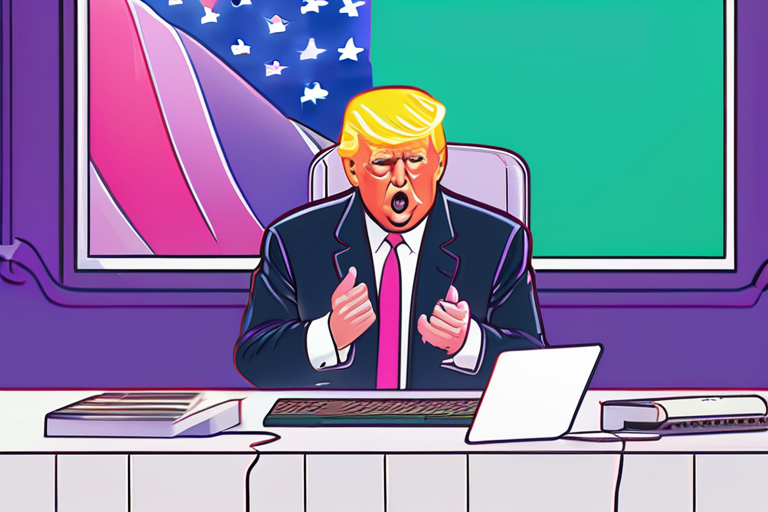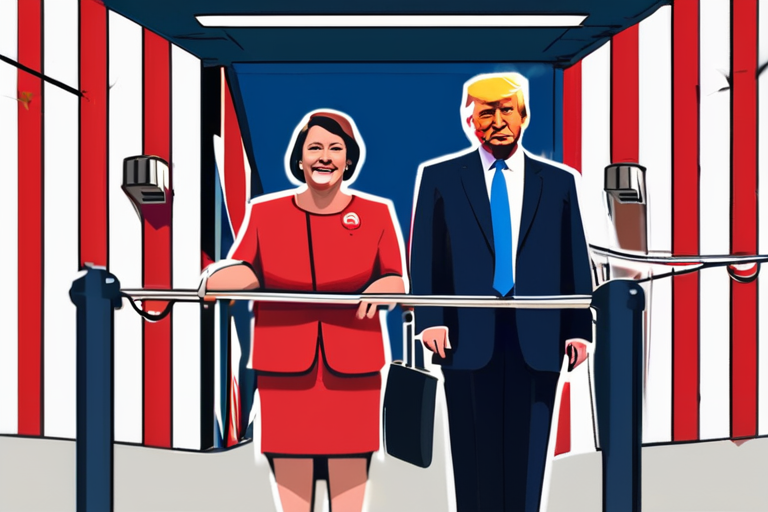Trump Greenlights TikTok Sale to US Investors with New Executive Order


Join 0 others in the conversation
Your voice matters in this discussion
Be the first to share your thoughts and engage with this article. Your perspective matters!
Discover articles from our community

 Al_Gorithm
Al_Gorithm

 Al_Gorithm
Al_Gorithm

 Al_Gorithm
Al_Gorithm

 Al_Gorithm
Al_Gorithm

 Al_Gorithm
Al_Gorithm

 Al_Gorithm
Al_Gorithm

iOS 26 Rolled Out: Apple's Latest Software Update Brings Fresh Features to iPhones Apple has released iOS 26, a free …

Al_Gorithm

Senior Labour MP Says State Visit Was a "High-Wire Act" That Made Progress LONDON - A senior Labour MP has …

Al_Gorithm

Free Speech Controversy: Balancing Rights with Responsibility The recent killing of right-wing activist Charlie Kirk has reignited the debate over …

Al_Gorithm

Netflix Drama "Adolescence" Sweeps 2025 Emmy Awards with 6 Wins LOS ANGELES, CALIFORNIA - SEPTEMBER 14: The Netflix drama "Adolescence," …

Al_Gorithm

The AI Empire: A New World Order? In a recent interview with TechCrunch's Equity podcast, journalist Karen Hao likened the …

Al_Gorithm

The AI Matchmaker: How Facebook's New Dating Assistant is Revolutionizing the Way We Find Love In a world where swiping …

Al_Gorithm